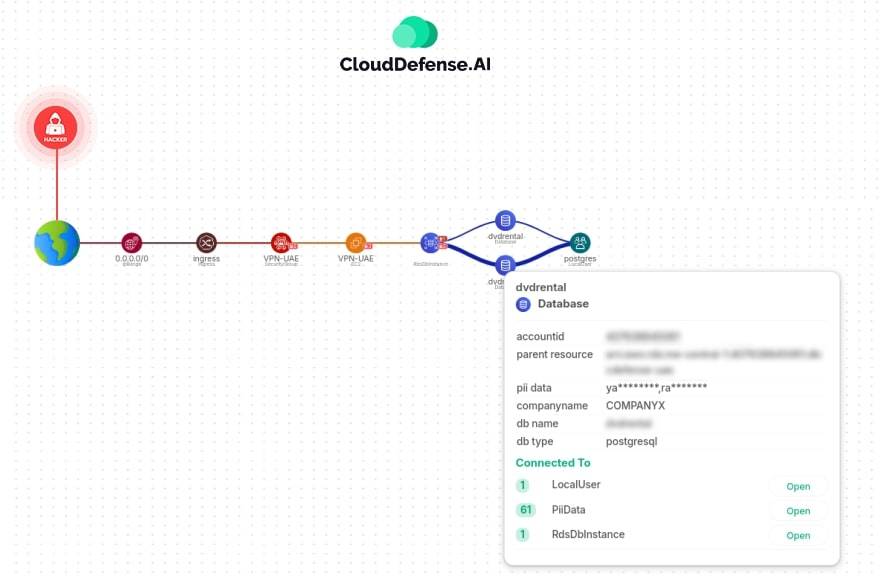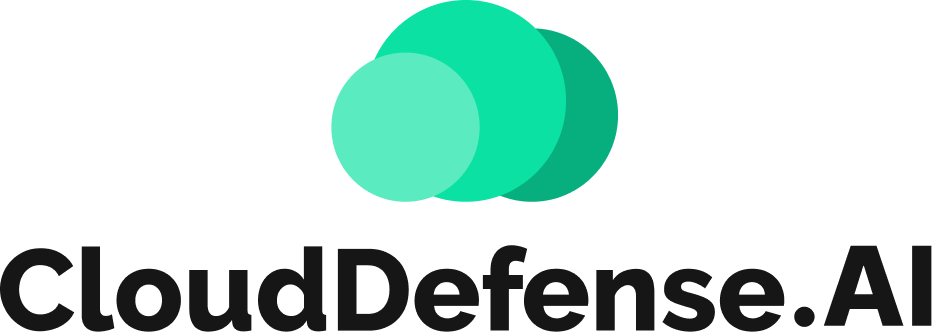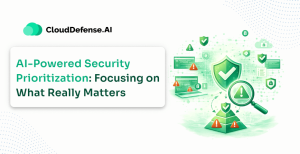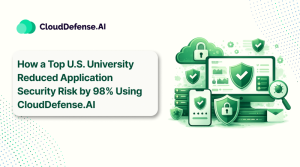Fortinet, one of the big names in cybersecurity, just confirmed a data breach after a hacker, going by the name “Fortibitch,” claimed to have stolen a massive 440GB of customer data. The breach mainly impacts some of their customers in the Asia-Pacific region, with the stolen data allegedly stored in Fortinet’s Azure Sharepoint instance. Fortinet broke the news on September 12, 2024, right after the hacker posted their claim on a well-known cybercrime forum.
Illegal Access to SaaS Environment
Fortinet hasn’t pinpointed the exact source of the data breach yet. However, in their September 12 advisory, they mentioned that someone managed to get “unauthorized access to a limited number of files” stored on a third-party cloud-based file drive Fortinet was using.
As one of the biggest names in the cybersecurity space, Fortinet reassured everyone that this data breach hit only a small slice of their customer base—less than 0.3%. But, considering they’ve got over 775,000 customers, that still puts the number of affected organizations around 2,325.
Hacker’s Claims and Fortinet’s Response
“Fortibitch” has fired some serious accusations at Fortinet, alleging the company’s cloud infrastructure was poorly secured, especially after recent acquisitions like Next DLP and Lacework. They claim that Fortinet’s mishandling led to the data breach, which they attribute to the company’s refusal to engage in ransom negotiations.
According to the hacker’s dark web post, they accessed Azure SharePoint data from an open Amazon S3 bucket and have made it public after Fortinet allegedly refused to meet their ransom demands. They even shared the credentials for the open Amazon S3 bucket as a way to retaliate. On top of that, they criticized Fortinet for not filing an SEC Form 8-K —a document required by public companies to disclose major incidents—to report the breach, which could be troubling for Fortinet’s shareholders and customers.
Impact and Broader Implications
Despite the scale of the breach, Fortinet hasn’t had to file an SEC 8-K disclosure, as they don’t believe this breach will have any major impact on their financials or day-to-day operations, as said in their post.
Still, this breach shines a light on the challenges cybersecurity firms face, especially when handling sensitive data during system migrations and integrations after acquisitions. It’s another bump in the road for Fortinet, which has previously dealt with vulnerabilities that hackers have exploited. The company is keeping a close eye on the situation and has emphasized its commitment to securing and protecting its services moving forward.
The Fortinet Breach: A Wake-Up Call for Cloud Security
Even though the Fortinet data breach might not seem catastrophic, it’s a harsh reminder of how vulnerable enterprise data can be when using SaaS and other cloud services without proper safeguards. The incident highlights just how critical it is for companies to have strong protections in place to guard against data exposure.
What Can Be Done to Prevent Such Incidents
To avoid falling victim to similar data breaches, companies need to step up their game in cloud security. Here are a few key actions:
- Implement Strong Access Controls: Ensure that sensitive data and resources are accessible only to authorized users by regularly reviewing and updating permissions to prevent unnecessary exposure. Implement Multi-Factor Authentication (MFA) for an added layer of security, and avoid granting data access to third parties without MFA in place.
- Regular Cloud Posture Management: Regularly assess and manage your cloud environment to maintain a secure posture. This includes configuring cloud resources correctly, monitoring for misconfigurations, and automating compliance checks to ensure that your cloud setup adheres to security best practices.
- Encrypt Data: Protect sensitive data by using robust encryption methods both at rest and in transit to prevent unauthorized access.
- Conduct Regular Security Audits: Regularly evaluate your security posture and address any vulnerabilities or gaps identified.
- Educate Employees: Train staff on security best practices and the importance of maintaining strong security hygiene to prevent accidental exposures.
By taking these steps, organizations can better shield themselves from data breaches and safeguard their valuable information in the cloud.
Stopping Breaches Before They Happen
If Fortinet had employed the right tools and strategies, this Data breach could have been significantly reduced—or even avoided altogether. This is exactly where CloudDefense.AI can help. We don’t just point out security flaws; we equip organizations with a comprehensive suite of security solutions that keep them protected from threats just like this.
How CloudDefense.AI Would Have Handled It

With CloudDefense.AI’s CNAPP platform, data breaches like the one Fortinet faced could have been detected and mitigated early. Our suite of tools includes CSPM, which would’ve flagged those open storage buckets and locked them down before hackers could get their hands on the data.
In addition to CSPM, our CIEM solution enforces stringent access controls, ensuring that sensitive data is only accessible to authorized users. This includes enforcing Multi-Factor Authentication (MFA) to prevent unauthorized access—a critical measure since many breaches, including Fortinet’s, stem from inadequate access controls and lack of MFA.
Furthermore, our robust compliance tools keep everything in check with routine security audits, automatically identifying risks before they turn into incidents.
By using CloudDefense.AI, the entire approach to security shifts from reactive to proactive, streamlining critical processes that save both time and effort. Here’s how:
Time and Effort Saved
Let’s face it—doing manual security audits and managing access controls is a time sink. With CloudDefense.AI, all of that is automated. So, instead of wasting days on these tasks, your security team can focus on bigger things. Our solution drastically cuts down the time needed to find and fix vulnerabilities, saving both time and effort.
Cost Savings
Think about the costs associated with a breach: legal fees, fines, PR disasters, and damage to your reputation. With CloudDefense.AI, you can sidestep these hidden expenses by catching and addressing threats early. Our solution helps you avoid the high costs of breaches, from legal fees to the stress and chaos of crisis management. Investing in CloudDefense.AI means saving significantly on potential costs and maintaining your peace of mind.
Proven Quality and Ongoing Support
Our customers are consistently pleased with the comprehensive security solutions provided by CloudDefense.AI. We provide ongoing support to ensure that our tools evolve alongside your needs. It’s not just about mitigating threats; it’s about preventing them in the first place. Our focus on customer satisfaction, along with consistent performance reviews, makes sure our users know they’re protected, supported, and prepared for whatever comes their way.
With CloudDefense.AI, you get a platform that not only prevents breaches but makes security effortless. You save time, cut costs, and, most importantly, stay protected. So, while others are scrambling to clean up breaches, you’ll be a step ahead.
Final Thoughts
The Fortinet breach is a serious wake-up call for any business, which reminds us that the risks of data exposure are very real and growing. No one is safe from a potential data breach if their cloud security isn’t strong enough.
If your business is using SaaS or other cloud solutions, it’s time to get serious about your data protection. Weak security can lead to huge problems—loss of sensitive info & customer data, financial damage, and serious hits to your reputation. Don’t wait until it’s too late. Strengthen your cloud defenses now, tighten up access controls, and stay on top of security measures. Get started with CloudDefense.AI today—book a demo to see how our platform can help secure your business and protect your data.







